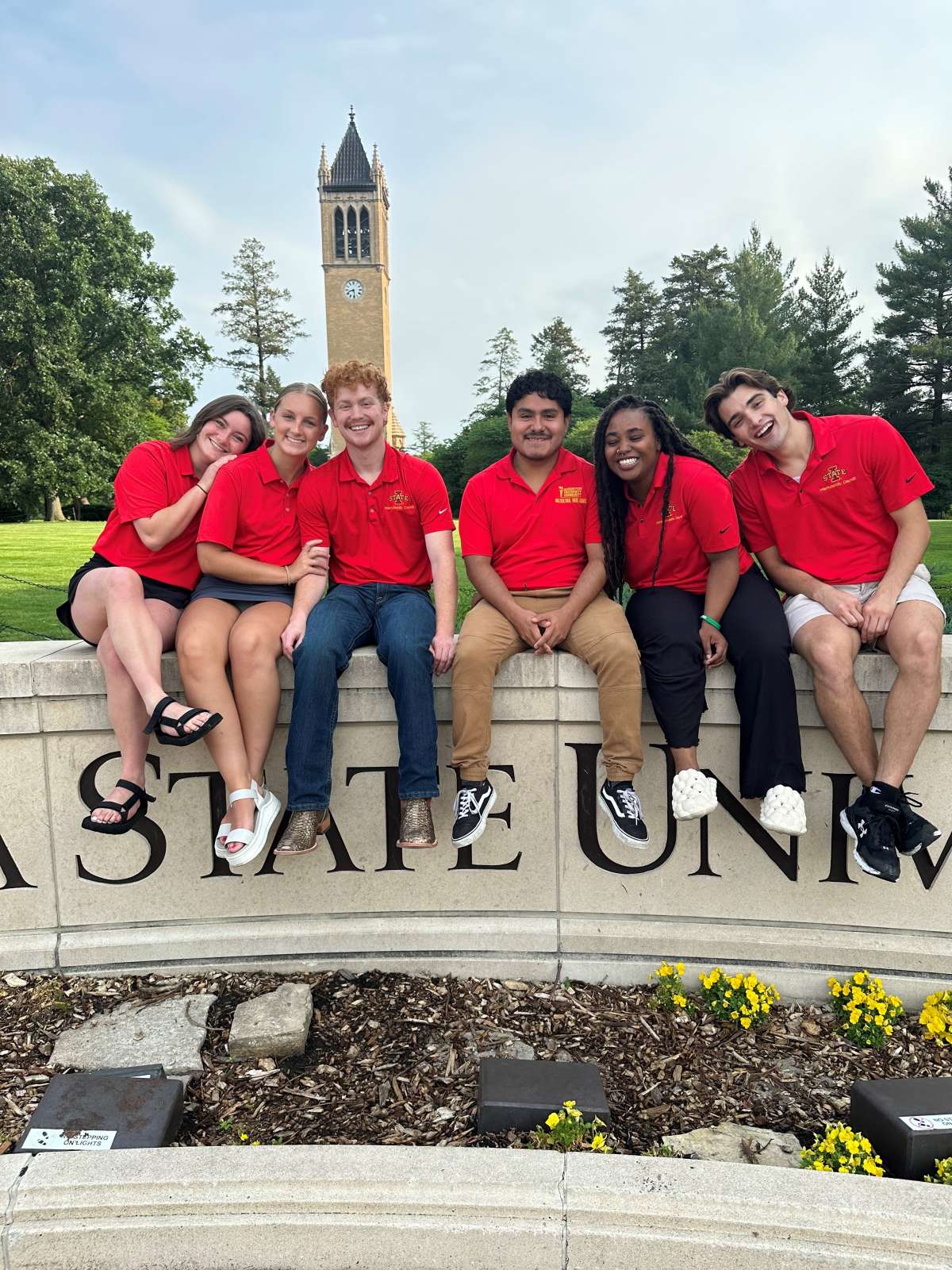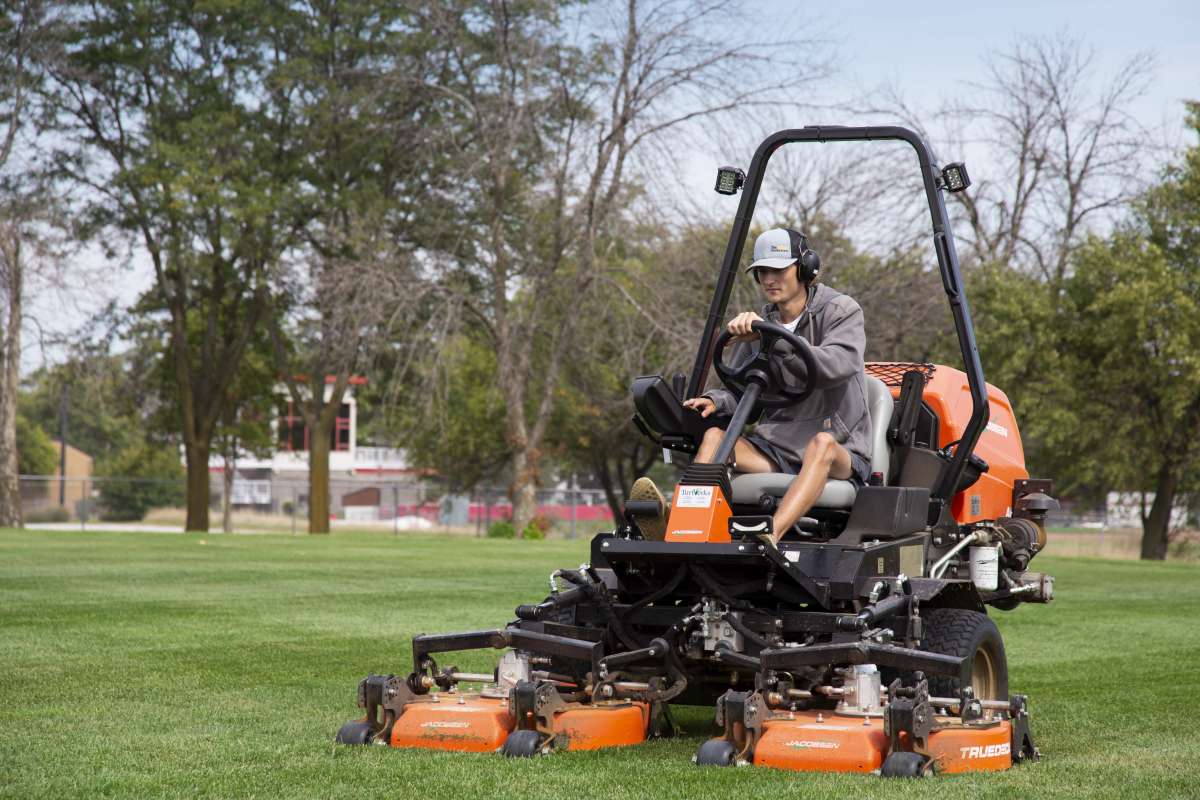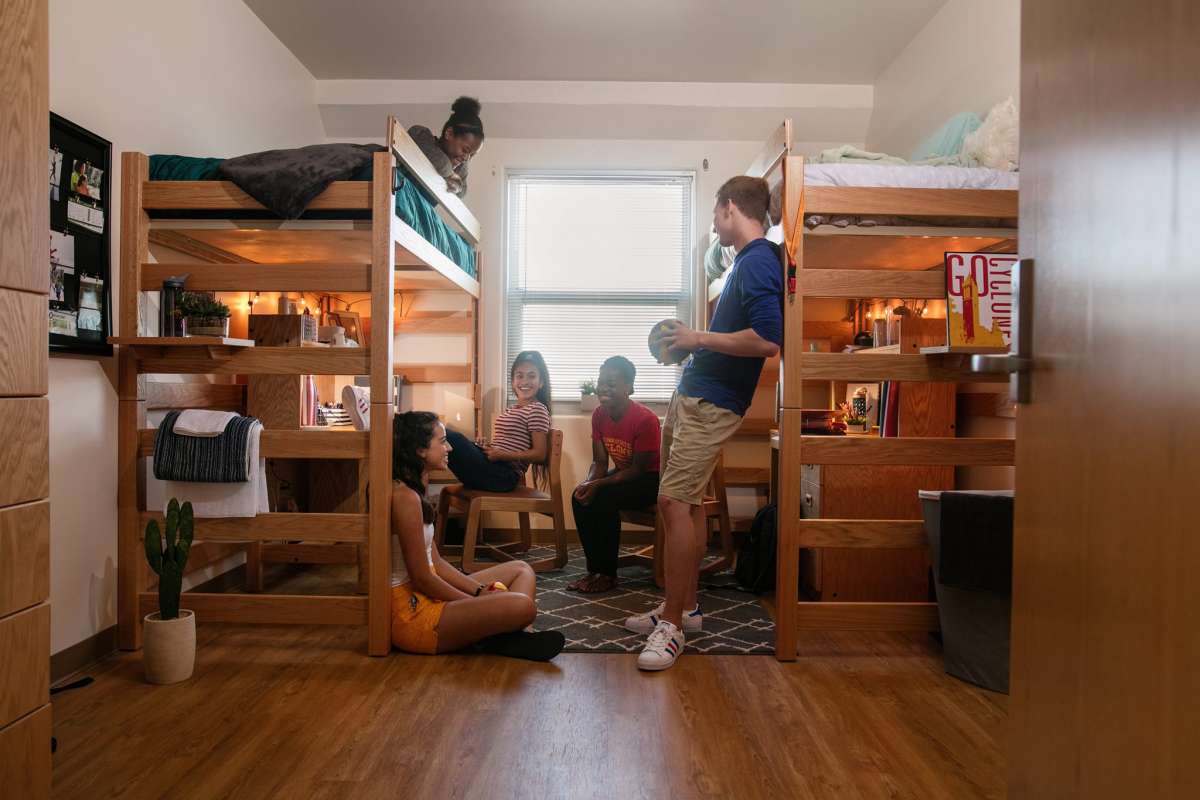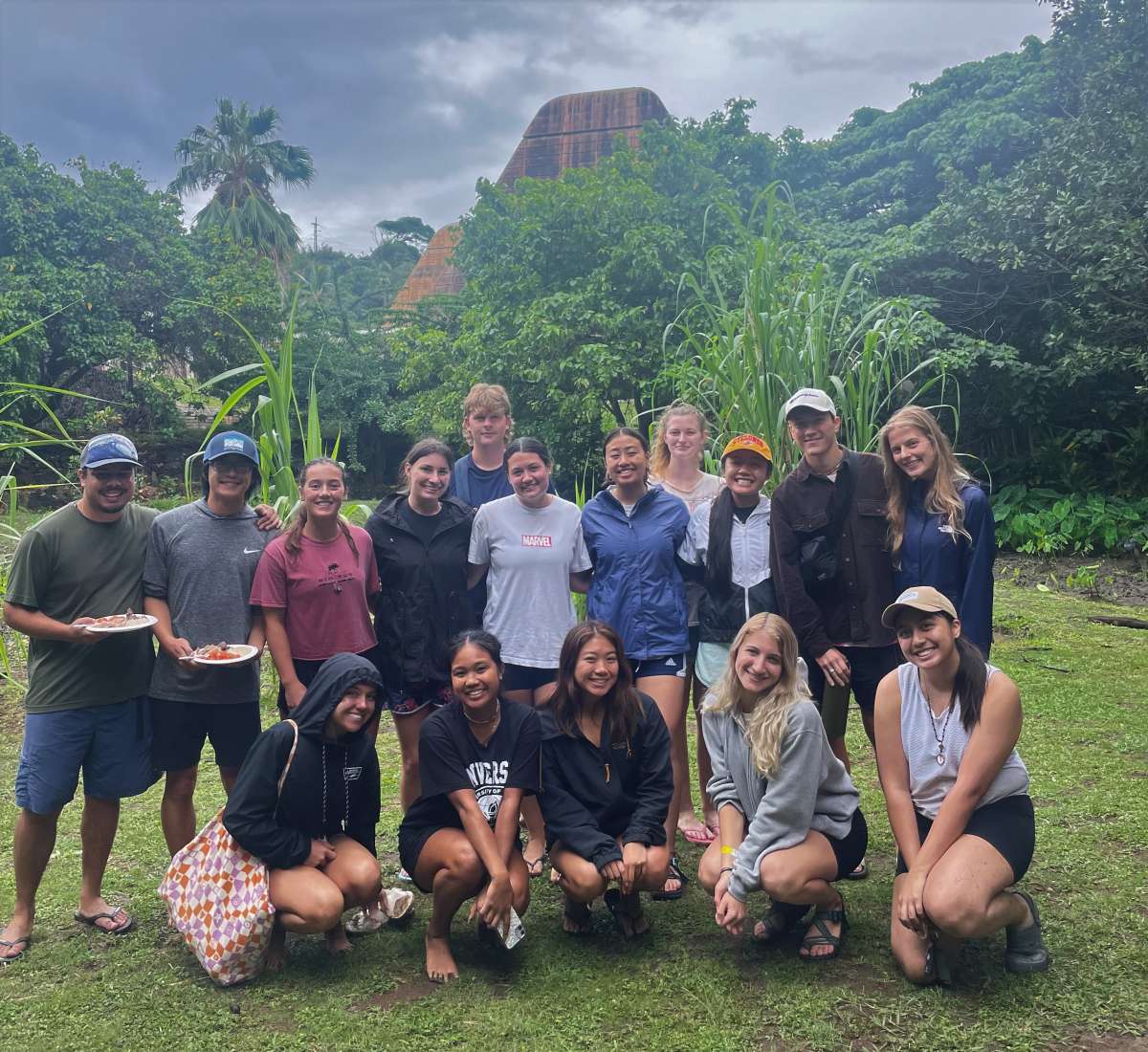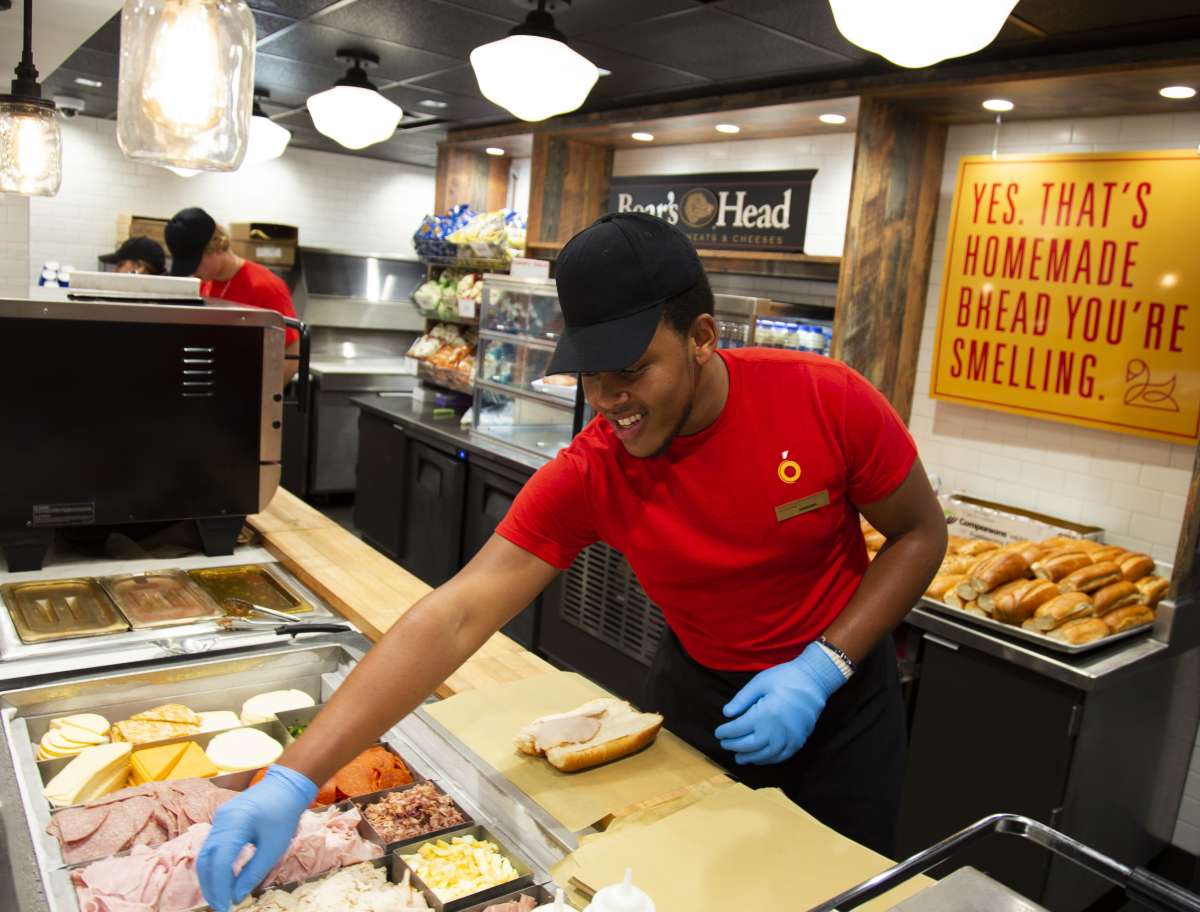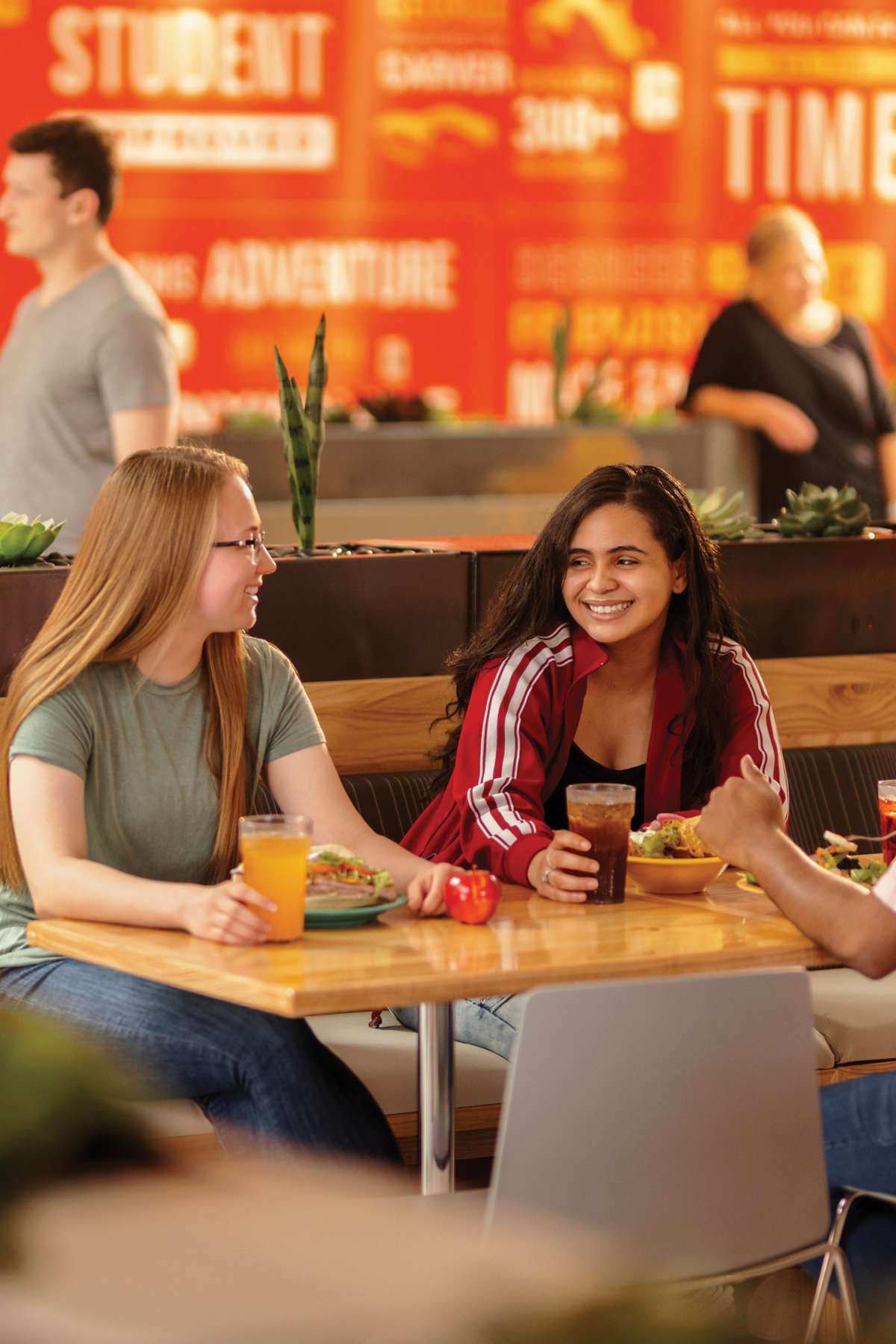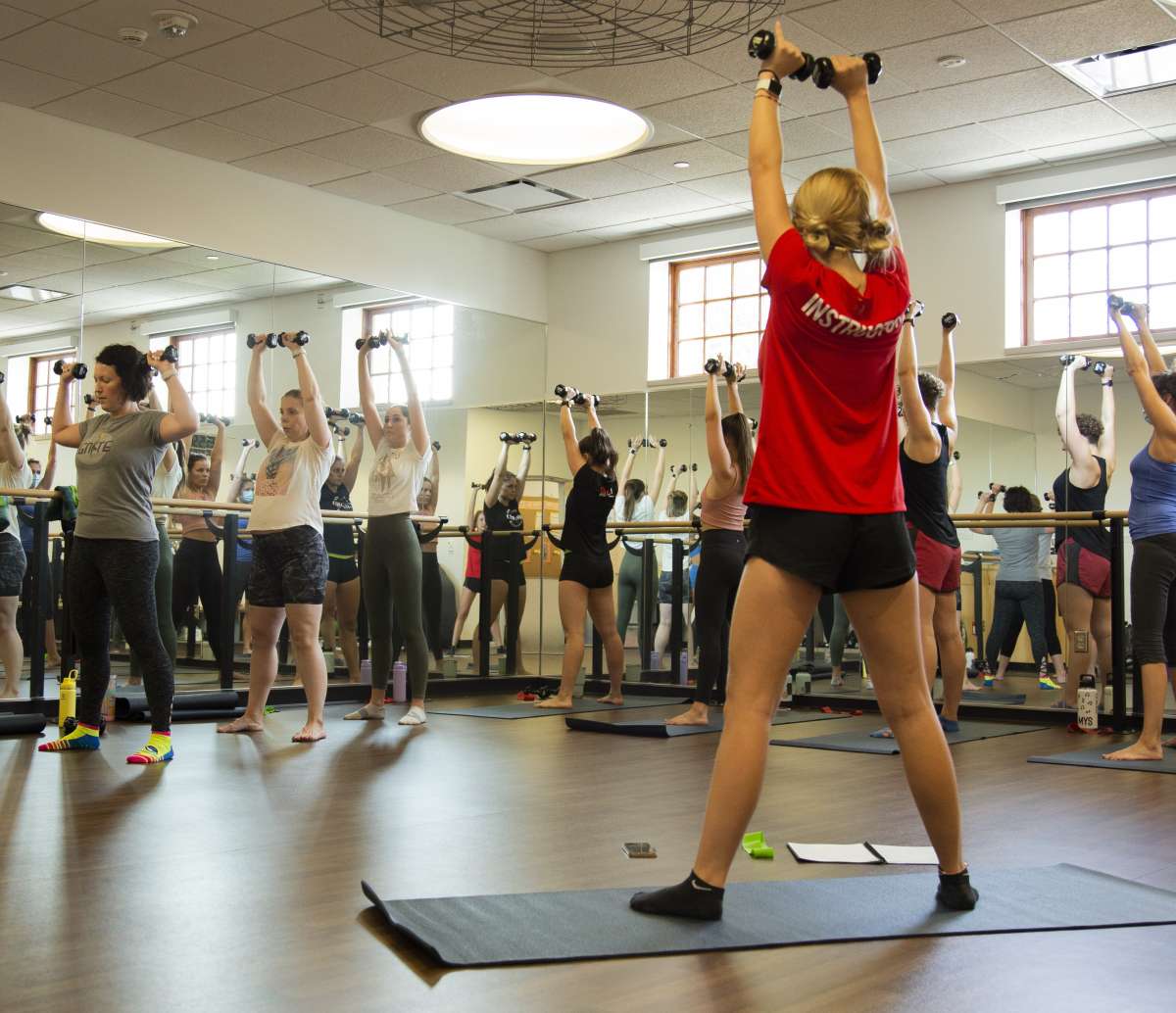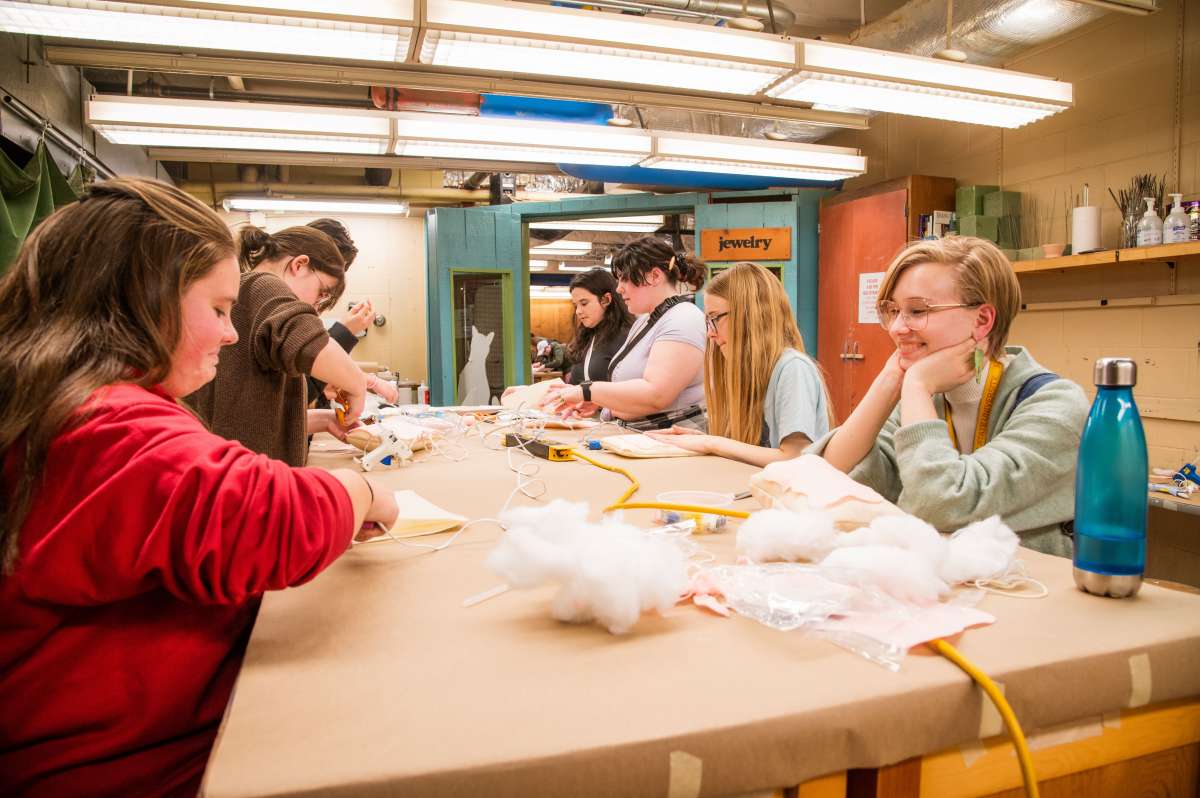Professionalism
Knowing work environments differ greatly, understand and demonstrate effective work habits, and act in the interest of the larger community and workplace.
Career Development
Proactively develop oneself and one’s career through continual personal and professional learning, awareness of one’s professional strengths and weaknesses, navigation of career opportunities, and networking to build relationships within and without one’s organization.
Self-Development
Cultivating self-awareness by defining one’s beliefs, values, strengths, and personal ethical code. Aligning personal actions with purpose and taking responsibility for both positive and negative outcomes associated with one’s actions.
Communication
Clearly and effectively exchange information, ideas, facts, and perspectives with persons inside and outside of an organization.
Citizenship
Demonstrate the awareness, attitude, knowledge, and skills required to engage and include people from different local and global communities. Recognize the interconnectedness of global societies and local communities, and the importance of contributing meaningfully to society.
Leadership
Recognize and capitalize on personal and team strengths to develop team members and achieve organizational goals.
Teamwork
Build and maintain collaborative relationships to work effectively toward common goals, while appreciating multiple viewpoints and shared responsibilities.
Innovative & Critical Thinking
Identify and respond to needs based upon an understanding of situational context and logical analysis of relevant information. Acquire knowledge, skills, and experiences and apply academic and job-based learning in novel and innovative ways.
Technology
Understand, learn, and leverage technologies ethically to enhance efficiencies, complete tasks, and accomplish goals.
Wellness
An active process through which people cultivate a well-rounded and satisfying life by engaging in meaningful work, maintaining physical wellness, managing emotions, finding purpose, fostering positive relationships, continuously learning, supporting the natural environment, and making responsible financial choices.
